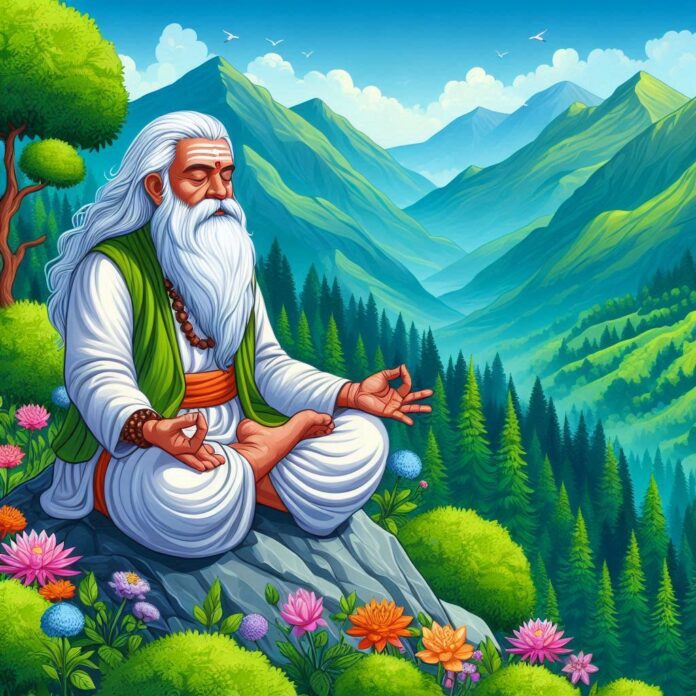The answer to who is considered the “father of yoga” depends on how you define “yoga” and the historical context. Here are two main perspectives:
1. Patanjali: The Father of Modern Yoga
- Widely Accepted: In the realm of modern yoga, particularly the systematized practice with eight limbs (ashtanga), Patanjali is widely regarded as the “father of yoga.”
- The Yoga Sutras: Patanjali’s seminal text, the Yoga Sutras, is a collection of aphorisms (short, pithy sayings) that codified and organized the existing yogic philosophies and practices of his time.
- Foundation for Modern Yoga: The Yoga Sutras laid the groundwork for the various schools and styles of yoga practiced today. It outlines the eight limbs of yoga, including ethical principles (yama and niyama), postures (asana), breathwork (pranayama), and meditation (dhyana).
2. A More Ancient Origin Story
- Yoga’s Prehistoric Roots: Yoga has roots that stretch back thousands of years, potentially predating recorded history. Evidence suggests yogic practices existed in the Indus Valley Civilization (3300-1300 BCE).
- Lord Shiva as Adiyogi (First Yogi): In some Hindu traditions, Lord Shiva is revered as the Adiyogi, the first yogi. This perspective emphasizes the spiritual and philosophical underpinnings of yoga, existing before its codification in texts.
In Conclusion:
- Modern Perspective: For most people practicing yoga today, Patanjali is considered the father of yoga due to his foundational contribution to the systematized practice.
Ancient Roots: However, acknowledging the long and rich history of yoga, with practices potentially existing for millennia, provides a broader perspective.













